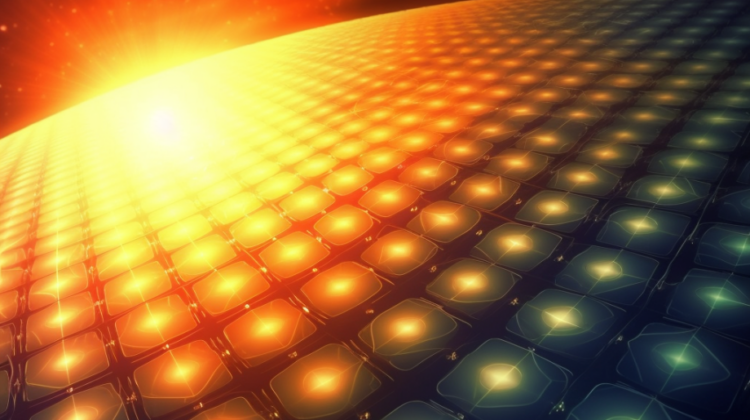
Solar power, an essential renewable energy source, harnesses abundant sunlight to generate electricity. With its potential to combat climate change and reduce energy costs, it’s no surprise that interest in solar power has surged. However, as with any technological development, there are many questions about solar power. This article highlights some of the most frequently asked questions about solar power and provides answers to help you understand this effective energy solution.
1. How does solar power work?
Solar power works by converting sunlight into electricity. The process starts with photovoltaic (PV) cells, often found in solar panels. These cells absorb sunlight, freeing electrons in the absorbed light’s atoms. The movement of these electrons creates an electric current, which can be harnessed for power.
2. Is solar power efficient?
Solar power’s efficiency depends on various factors, including the PV cells’ quality, the angle and orientation of the panels, and the amount of sunlight the location receives. While individual solar cells typically have an efficiency rate of 15-20%, recent technological advancements have seen this figure rise. Therefore, while it might not be 100% efficient, solar power is increasingly efficient as a renewable energy source.
3. How much can you save with solar power?
The financial savings from solar power can be substantial, depending on your region and the size of your solar power system. In many cases, solar energy can significantly reduce or even eliminate your electricity bills. Furthermore, some regions offer feed-in tariffs or net metering, allowing you to sell excess power back to the grid, providing additional savings.
4. Does solar power work during cloudy days or at night?
Solar panels can generate electricity even under overcast conditions, albeit at a diminished capacity. When it comes to nighttime hours, the absence of sunlight inhibits the power generation capabilities of solar panels. However, this issue can be mitigated by employing battery storage systems. These systems can store surplus energy produced throughout daylight hours, which can then be utilized during the night, guaranteeing an uninterrupted power supply.
5. What is the lifespan of a solar power system?
Most solar power systems are designed to last for 25 to 30 years or more. However, the system will continue producing electricity after this period. It only means that energy production has declined by what manufacturers consider a significant amount, usually around 20%.
6. How does solar power impact the environment?
Solar power has a significantly lower environmental impact compared to fossil fuels. It produces no direct greenhouse gas emissions and minimizes water use. Additionally, solar power can reduce reliance on fossil fuels, promoting a cleaner, more sustainable energy future.
7. What is the cost of installing a solar power system?
The cost of installing a solar power system varies depending on the system’s size, location, and whether you qualify for government incentives or rebates. However, solar installation prices have been dropping consistently, making it an increasingly affordable option for many homeowners.
8. Can I install solar panels myself?
While installing solar panels yourself is technically possible, using a certified professional is generally recommended. Improper installation can lead to system inefficiency, potential roof damage, and void warranties.
Solar power is an exciting and rapidly evolving field. While this list of FAQs is a good starting point, there’s always more to learn. If you’re considering switching to solar, don’t hesitate to research and contact professionals in your area. The sun’s energy is plentiful and renewable, and we can harness it with solar technology for a brighter, cleaner future.

Leave a Reply